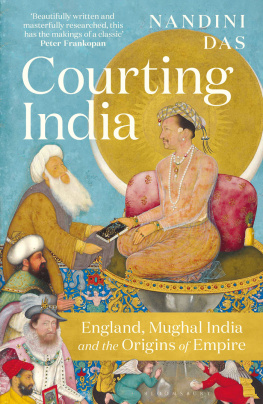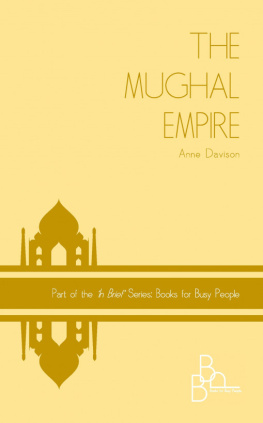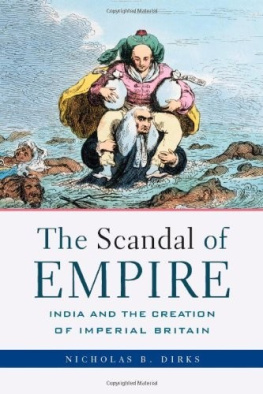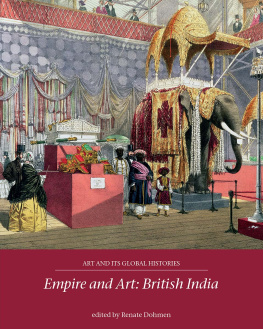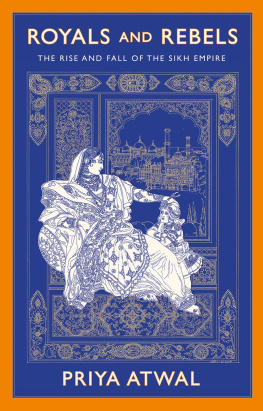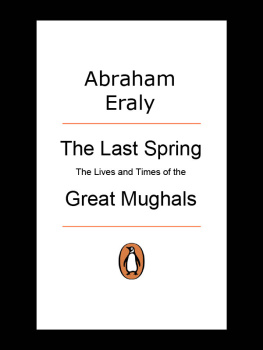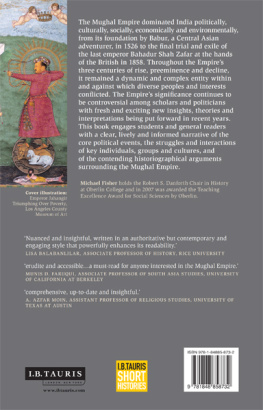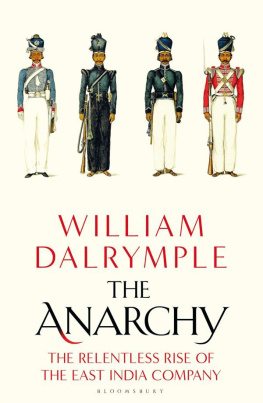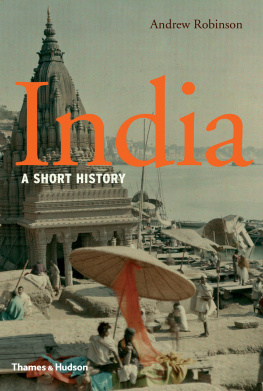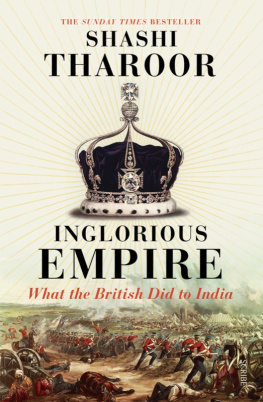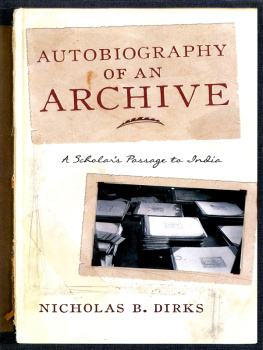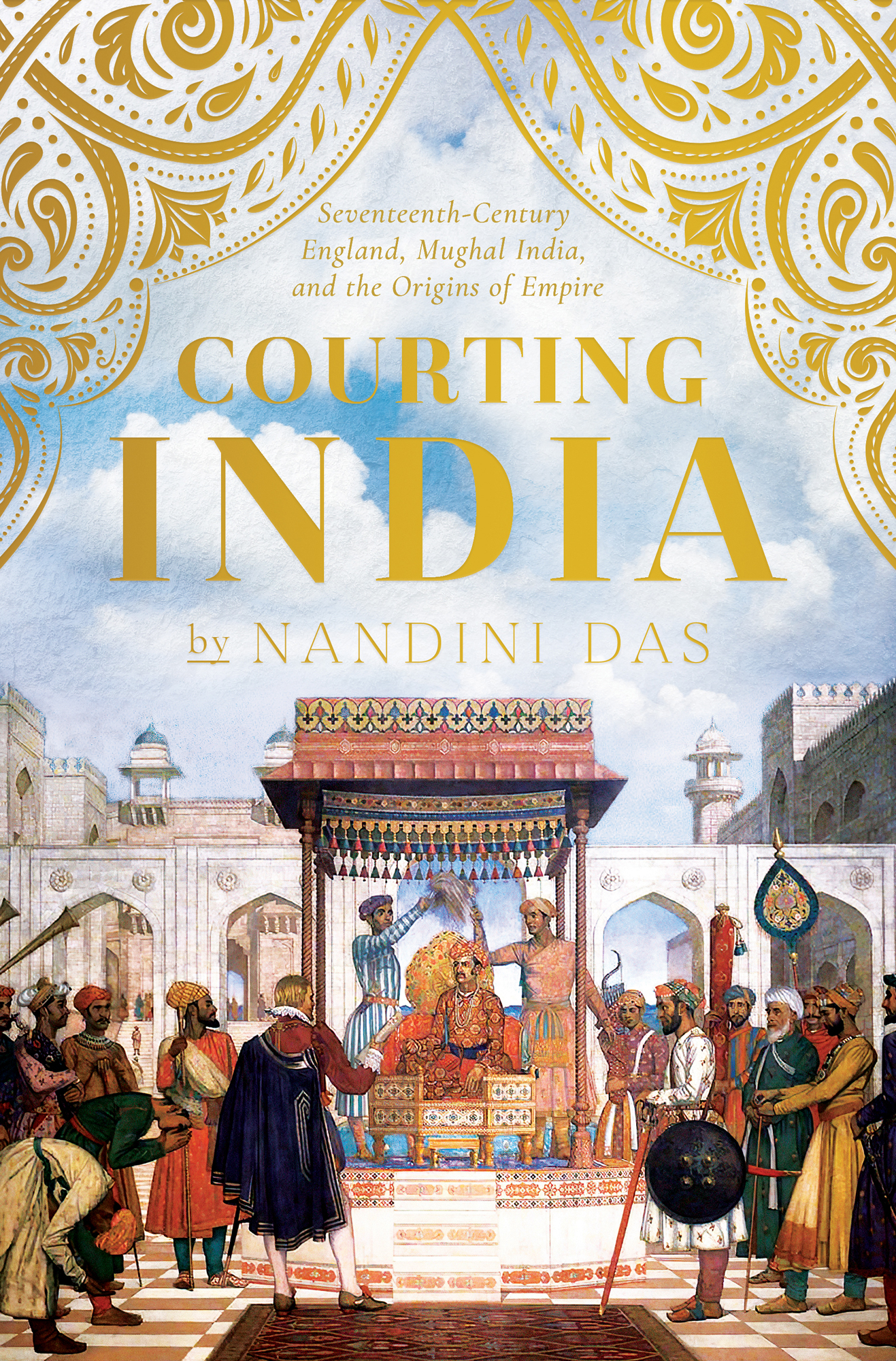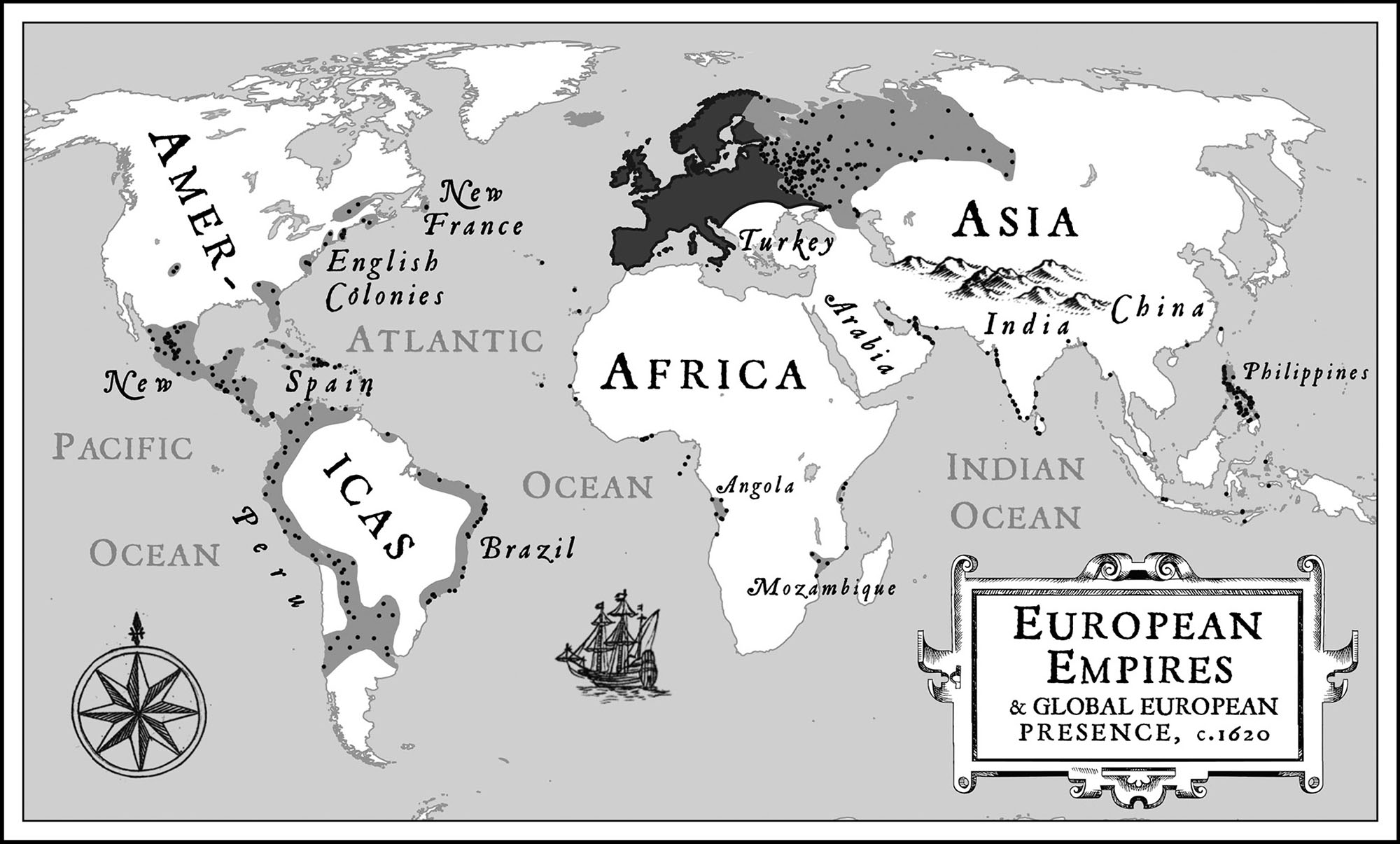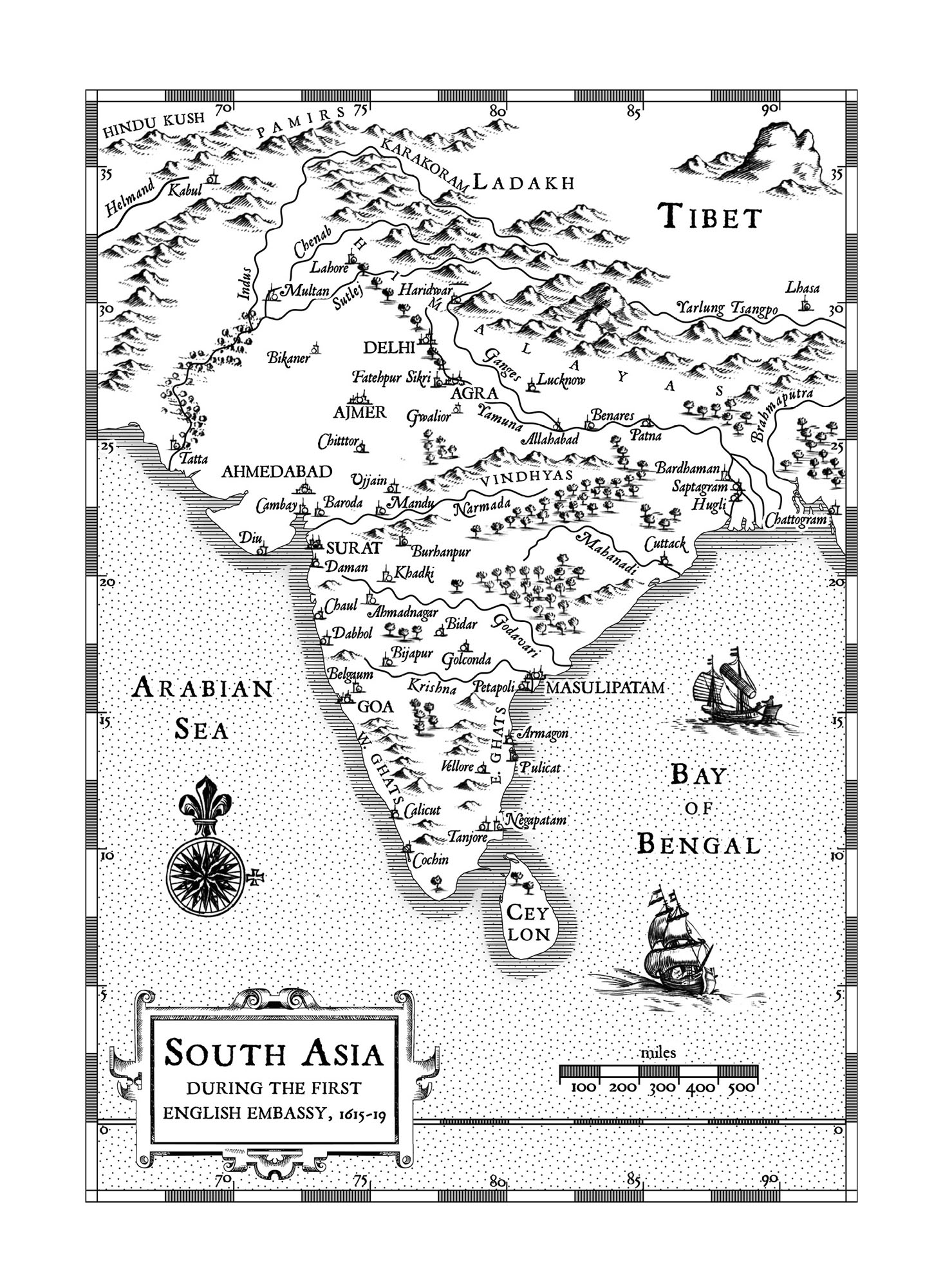Nandini Das - Courting India: Seventeenth-Century England, Mughal India, and the Origins of Empire
Here you can read online Nandini Das - Courting India: Seventeenth-Century England, Mughal India, and the Origins of Empire full text of the book (entire story) in english for free. Download pdf and epub, get meaning, cover and reviews about this ebook. City: New York, year: 2023, publisher: Pegasus Books, genre: History. Description of the work, (preface) as well as reviews are available. Best literature library LitArk.com created for fans of good reading and offers a wide selection of genres:
Romance novel
Science fiction
Adventure
Detective
Science
History
Home and family
Prose
Art
Politics
Computer
Non-fiction
Religion
Business
Children
Humor
Choose a favorite category and find really read worthwhile books. Enjoy immersion in the world of imagination, feel the emotions of the characters or learn something new for yourself, make an fascinating discovery.

- Book:Courting India: Seventeenth-Century England, Mughal India, and the Origins of Empire
- Author:
- Publisher:Pegasus Books
- Genre:
- Year:2023
- City:New York
- Rating:3 / 5
- Favourites:Add to favourites
- Your mark:
Courting India: Seventeenth-Century England, Mughal India, and the Origins of Empire: summary, description and annotation
We offer to read an annotation, description, summary or preface (depends on what the author of the book "Courting India: Seventeenth-Century England, Mughal India, and the Origins of Empire" wrote himself). If you haven't found the necessary information about the book — write in the comments, we will try to find it.
Traditional interpretations of the British Empires emerging success and expansion have long overshadowed the deep uncertainty that marked its initial entanglement with India. In Courting India: Renaissance London, Mughal India, and the Origins of Empire, acclaimed historian Nandini Das examines the British arrival in India in the early 17th century with fresh eyes, resulting in a profound and groundbreaking account of one of the most important encounters in the history of colonialism.
When Thomas Roe arrived in India in 1616 as James Is first ambassador to the Mughal Empire, the English barely had a toehold in the subcontinent. Their understanding of South Asian trade and India was sketchy at best, and, to the Mughals, they were minor players on a very large stage. Roe represented a kingdom that was beset by financial woes and deeply conflicted about its identity as a unified Great Britain under the Stuart monarchy. Meanwhile, the court he entered in India was wealthy and cultured, its dominion widely considered to be one of the greatest and richest empires of the world.
In this fascinating history of Roes four years in India, Nandini Das offers an insiders view of Britain in the making, a country whose imperial seeds were just being sown. It is a story of palace intrigue, scandal, lotteries, and wagers that unfold as global trade begins to stretch from Russia to Virginia, from West Africa to the Spice Islands of Indonesia.
A major debut that explores the art, literature, sights and sounds of Elizabethan London and Imperial India, Courting India reveals Thomas Roes time in the Mughal Empire to be a turning point in historyand offers a rich and radical challenge to our understanding of Britain and its early empire.
Nandini Das: author's other books
Who wrote Courting India: Seventeenth-Century England, Mughal India, and the Origins of Empire? Find out the surname, the name of the author of the book and a list of all author's works by series.

